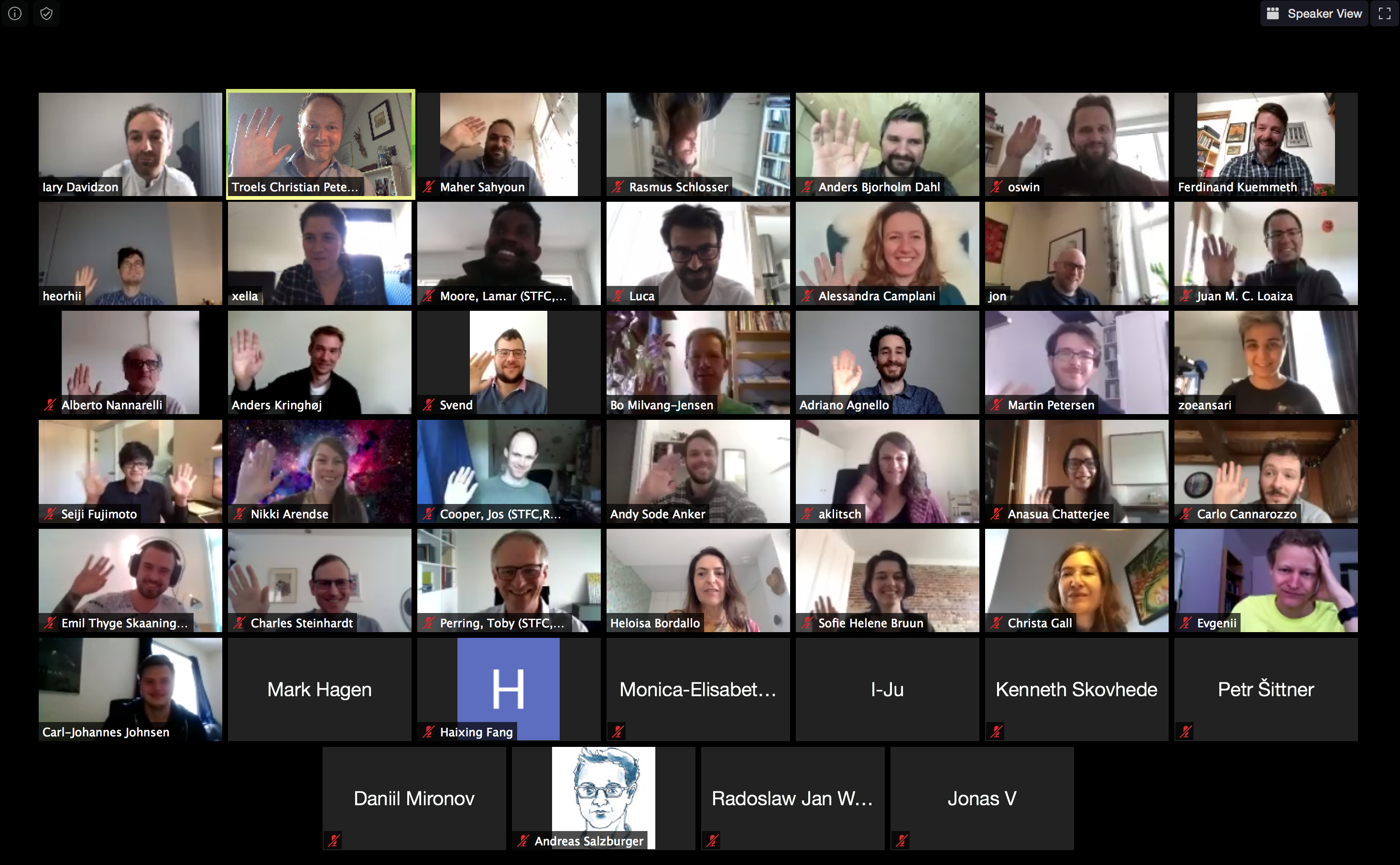ONLINE: Workshop on Perspectives and Applications of Deep Learning for Accelerated Scientific Discovery in Physics
Break-throughs in deep learning (DL) technology are revolutionising the amount, rate and nature of information that can be extracted from data, creating new opportunities to accelerate scientific discovery in ways that have never been imagined before.

This workshop is a follow up of the previous one organised on September 2019 at the NBI. During these two days on May 2020, we shall again focus on two topical themes on DL Accelerated Discovery.
• The use of DL architectures to generate unbiased and objective models for analysis of experimental data.
• The use of DL methods for optimising data collection protocols in real time and for discovering anomalies in experimental data and enhancing the efficiency of the scientific workflow.
These intersections of scientific discovery and DL science are unique and the workshop will now explore potential research avenues to understand how to best develop these technologies to accelerate discovery in Physics.
The program for the workshop will consist of plenary sessions followed by panel discussions (two panels each day), and final close-out.
On Thursday 14th morning, plenary seminars will review the state of the art in DL and how it is currently used in selected areas of Physics, as well as on the challenges that these experimental techniques face that can be addressed by DL.
On Thursday 14th afternoon, panel groups, led by a convener, will explore and report in how DL methods can become more generically applicable to a wide range of experiments, in the areas of Experiment design, Data collection and instrumentation control, Data reduction Analysis, and extraction of science.
On Friday 15th morning panel groups, led by a convener, will explore techniques, one panel focusing on (un)supervised and reinforcement learning, and the other on Deep Artificial Neural Networks.
On Friday 15th afternoon, panel conveners will present the outcomes of the panel discussions and the meeting will close with a discussion and presentation of an overall summary. A tentative roadmap on how to make progress in the application of DL for Accelerated Scientific Discovery in Physics will also be proposed.
Looking very much forward to seeing you in May!
